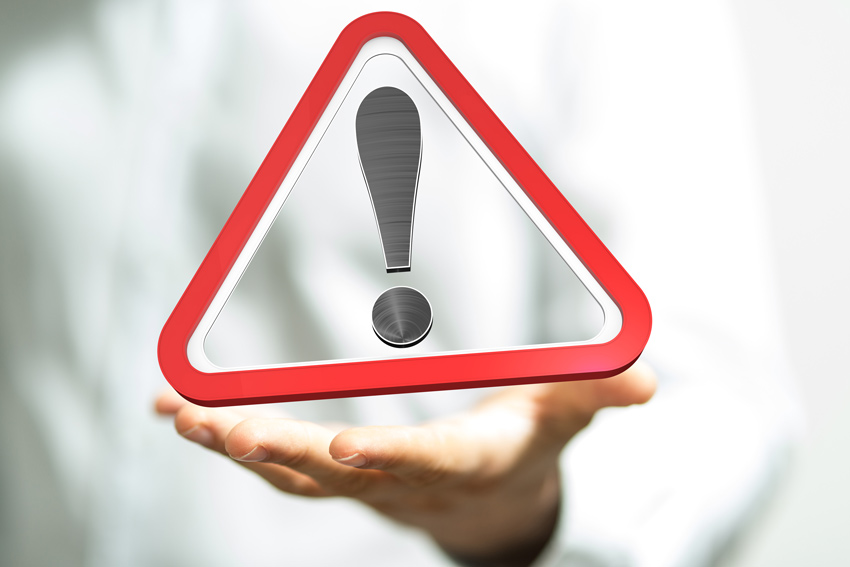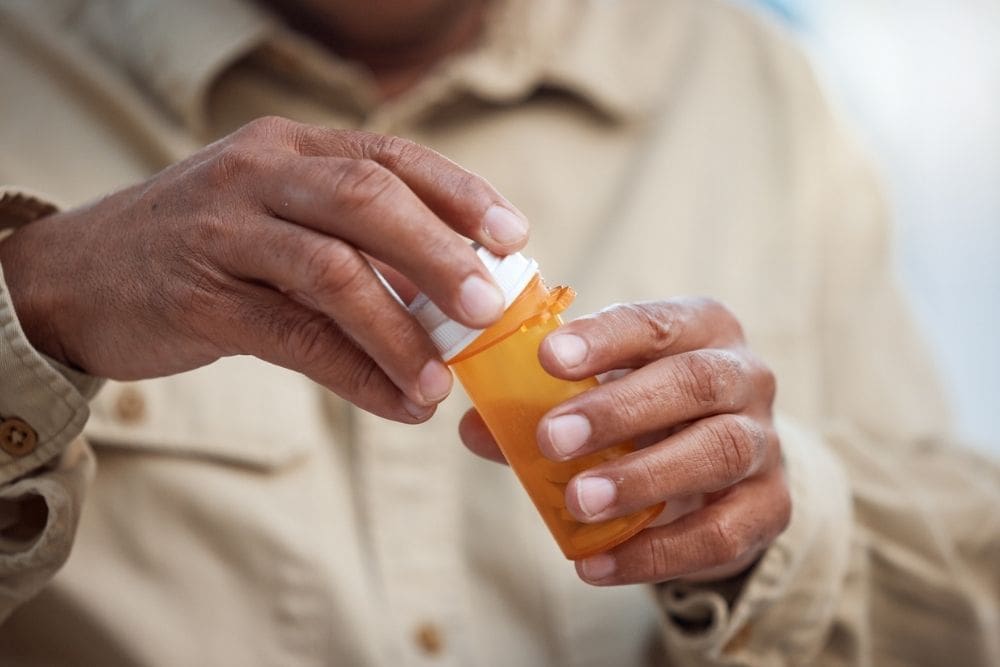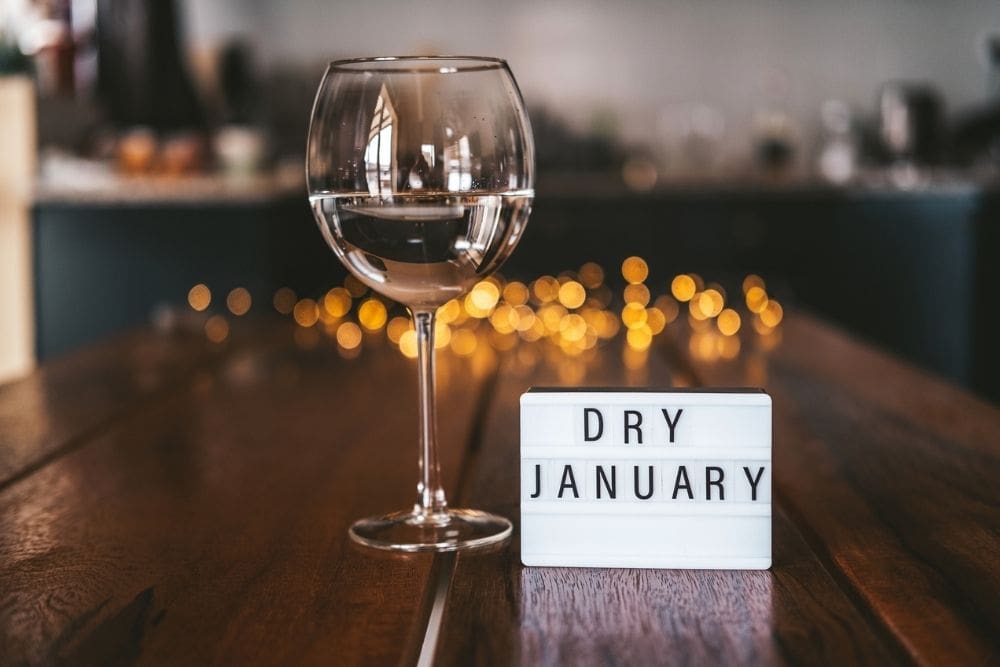Many substances can be habit-forming.
From alcohol and tobacco to prescription and illegal drugs, when does a habit become an addiction? This varies depending on the substance itself, the person using it, and how it is administered.
Factors such as age, size, and overall health play a part in how easily one can succumb to a substance. Psychological factors and even genetics also have a role. Strong drugs, especially those taken intravenously, affect the body systems faster and more aggressively because they don’t have to be processed by the digestive system, which can break them down somewhat.
Sometimes it is easy to see a habit becoming problematic – in ourselves and in each other. Other times, this line can be crossed without much notice. The longer the “secret life” is kept hidden, the deeper the disorder becomes. Fortunately, while a person is alive there is no point at which recovery is not possible. Knowing what signs to look for in yourself or in someone you care about can ultimately lead to a sober life of recovery – possibly even a life saved.
Losing Interest in Activities
One of the first things you may notice that could be a sign of an addiction is losing interest in things and activities you once enjoyed. This could be because your time is taken up with acquiring, using, or coming down from your substance.
Your motivation to do things may have disappeared. The money required for activities may be spent on substances. You may even become so secretive or paranoid about being associated with addiction or your substances that you choose to avoid the people you used to hang out with, fearing they will notice the changes in you and ask questions.
Regardless of why you have put your interests on the back burner and chosen substances instead, realizing that this is a warning sign can help you change that arrangement of priorities.
Neglecting Responsibilities
Another red flag for a potential problem with substance use is neglecting your responsibilities. This, too, is a problem with priorities. However, unlike losing interest in amusements, hobbies, or recreation, neglecting important responsibilities can affect others.
Spending rent and utility money on substances, using or acquiring your substance of choice instead of going to school or work, and showing up under the influence are all huge warning signs to everyone around you that there is a problem. Not showing up to work or other events for fear of being found out can become a habit in itself.
Regularly missing family functions, forgetting to get groceries, or neglecting to pick children up from school are all potential signs of a substance use problem. Everyone has forgetful moments, but if the excuses are coming more and more frequently, there may be an underlying cause.
Alienating Oneself from Family
One of the first signs loved ones will notice is that they are being left out, forgotten, or downright ignored – usually in favor of a substance or people who are also indulging in substances. If you feel increasingly resentful toward your loved ones and their needs, that might be a sign that you are prioritizing substances over your relationships.
Secretive behavior, defensiveness when questioned, and spending increased time away or alone can be caused by substance abuse. If the substance used is illegal or being misused (as a prescription being used outside its specific parameters) the secretive behavior is fear-driven.
This is sadly one sign people with a substance use disorder won’t see in themselves – or at least won’t want to admit to. Pointing out their neglect of friends and family will likely provoke defensiveness and excuses; no one wants to admit that they have hurt their loved ones, especially because of a problem with substances.
If you believe your loved one has a substance use disorder, telling them that they have hurt or neglected you may cause an even bigger rift if done before recovery has begun. Regardless of the hurt, however, it is a conversation that has to take place in order for forgiveness to happen.
Physical Changes
When substances are abused, regardless of the substance, bodily systems are negatively affected. Some symptoms are signs of substance use, and some are side effects of what substances have done to damage internal organs.
Eyes can appear bloodshot, and pupils can be either dilated or constricted (not responsive to light or lack of) with many substances. Bloodshot eyes are also a telltale hangover symptom, not just with alcohol but other substances as well.
Lethargy and lack of energy; extreme energy, jitters or trembling; sudden weight gain or loss (unintentional or extreme); changes in breathing and heart rate; and even changes in the skin can all be signs that the body is unwell.
Many substances have either energy-causing or sleep-inducing qualities. Some affect the nervous system and how it communicates to the muscles. Blood pressure and breathing can be affected by a number of substances, and when the liver is damaged or overworked in its detoxification duties, it can cause a jaundiced pallor to the skin.
Changed Attitude & Mood Swings
Along with loss of interest in activities, work, and family, other emotional and psychological problems can become apparent.
Depression is a substantial problem with any substance because the secrecy and struggle to maintain an outward “normal” takes its toll on a person’s mind.Depression, as well as certain psychotic substances, can also trigger suicidal thoughts and actions. Those same psychotics can cause hallucinations where the person using sees, hears, or feels things that are not there in reality. Some non-hallucinogens can trigger debilitating paranoia that changes how a person behaves.
Extreme mood swings can sometimes even surprise or frighten the substance user in their frequency and strength. They may feel absolutely no control over their own emotions and behavior.
What Should I Do Now?
This is by far not an exhaustive list of every warning sign that you or someone close to you might be exhibiting. Every person is unique, and every substance reacts differently.
However, if you can relate to any of these situations and have been using (or mis-using) any substances, it is worth taking a long and honest look at your use to determine whether it has become a habit, a dependency, or an addiction.
If you see any number of these red flags in someone you care for, don’t ignore them. Look deeper, hold the person accountable, and ask the hard questions. If you are tempted to “help” by making excuses or covering up substance use to try to save them from consequences, it can be a slippery slope straight into the trap of enabling. Tough love is so very difficult, but it can be necessary to help your loved one get the treatment they desperately need.
No one can find, navigate, and conquer the path to sobriety and recovery alone. It really does take a village, and gaining (or being part of) a strong support system makes a huge difference in the success of someone overcoming an addiction. The staff of St. Gregory Recovery Center is here to help everyone affected by substance use disorders and can help you navigate your own or a loved one’s journey to health and recovery.




